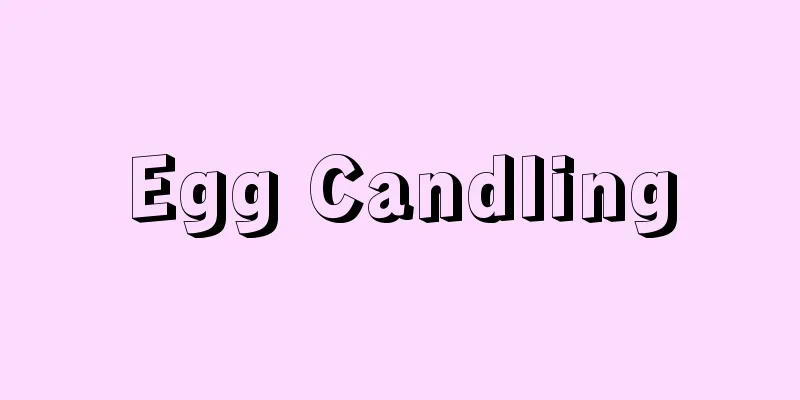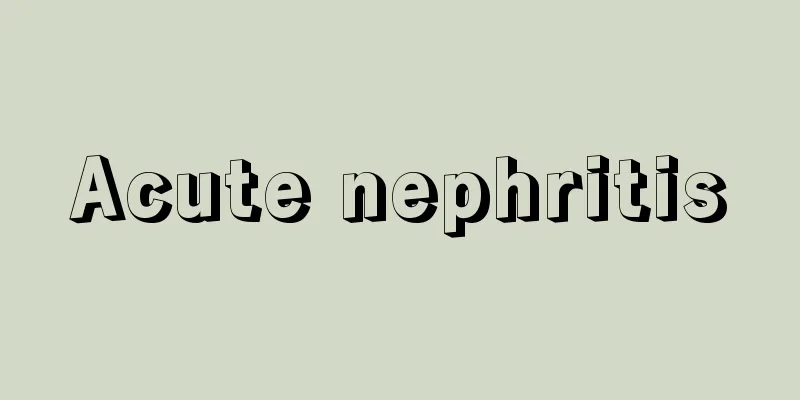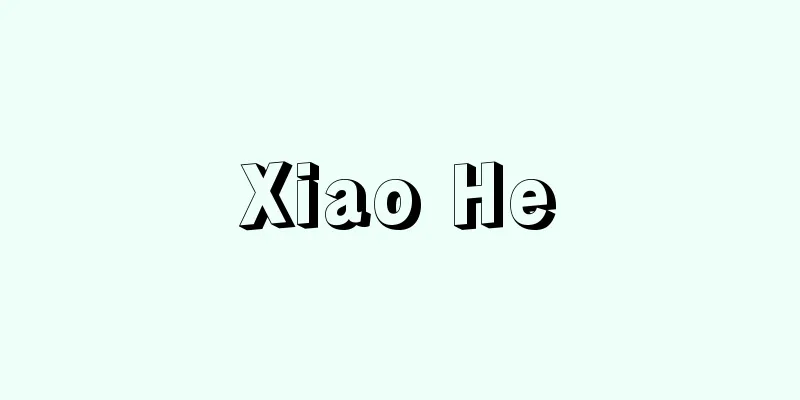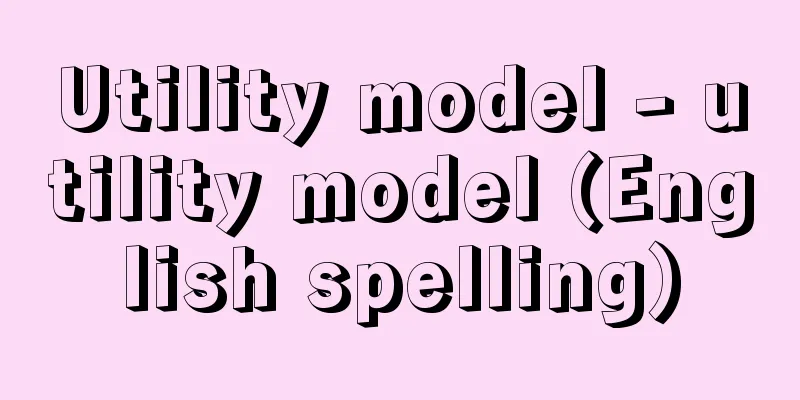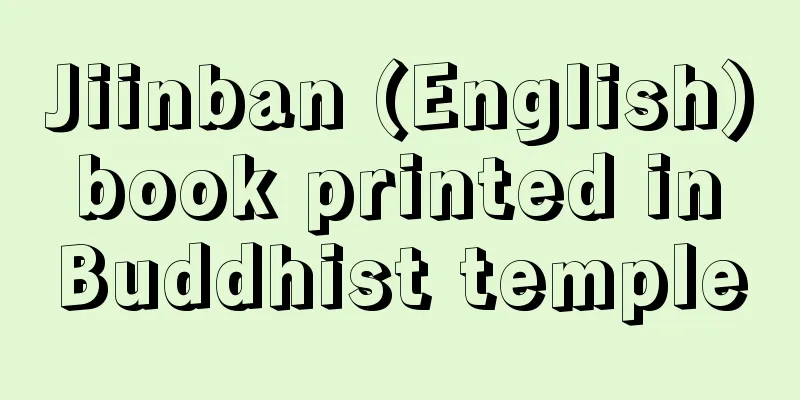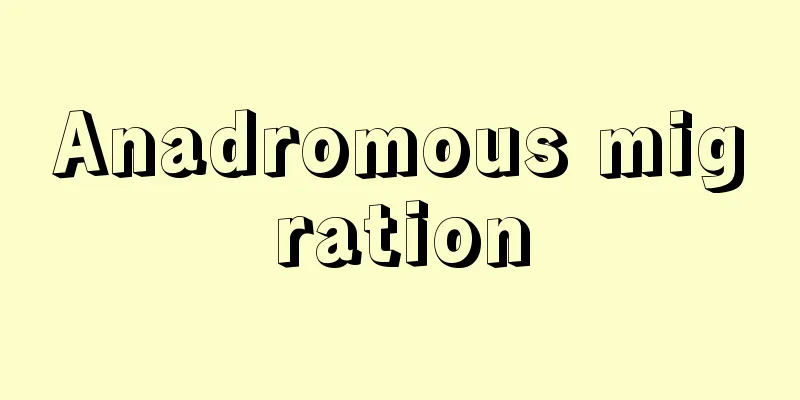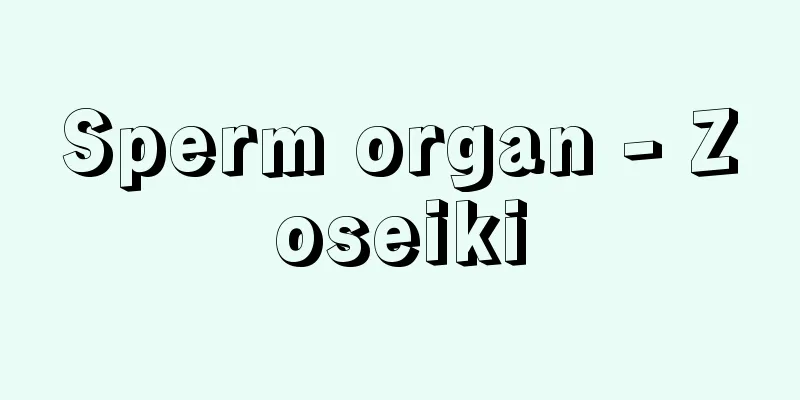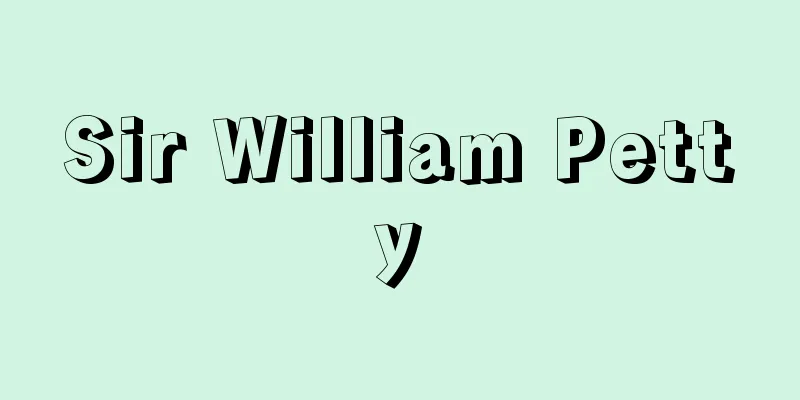Modern Poetry
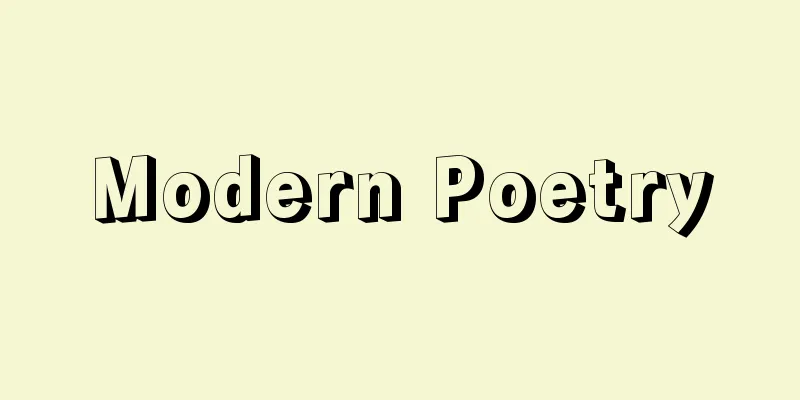
|
In the Meiji period, poetry broke away from the traditions of waka, haiku, and Chinese poetry, and instead followed European poetic styles and their spirit, singing of the thoughts and feelings of people in a new era. Broadly speaking, this refers to the period after Shintai poetry, and more narrowly, after literary free verse or colloquial free verse. Source: The Selected Edition of the Japanese Language Dictionary About the Selected Edition of the Japanese Language Dictionary Information |
|
〘名〙 明治時代にはいって、それまでの和歌、俳句、漢詩文の伝統から脱し、ヨーロッパの詩体やその精神にならって、新しい時代の人間の思想、感情などを歌った詩。広くは新体詩以後、狭くは文語自由詩以後、または口語自由詩以後をさす。
出典 精選版 日本国語大辞典精選版 日本国語大辞典について 情報 |
>>: Modern state - Kindai Kokka (English spelling) modern state
Recommend
Mr. Oda
Hatta Tomoie, the great-great-grandson of Fujiwar...
Lares Viales (English spelling)
…The Lares Familiares, the guardian deities of fa...
Liaodong Province - Liao Dong Province (English spelling)
The former name of a province in China. It was est...
Funk, C. (English spelling) FunkC
…In 1910, he succeeded in isolating an active ing...
Clone (English spelling)
A group of genetically identical cells or individu...
Chivalrous man - kyōkaku
[China] In ancient China, those who formed gangs ...
French Socialist Party (English spelling) Parti Socialiste Français French
A center-left French political party established ...
Survey ship - Sokuryousen
[1] [noun] A ship used to survey the depth of ocea...
Sunshine State
…The state's name means "full of flowers...
Mr. Oyamada
A medieval samurai family whose main territory was...
Pneumatolytic deposit
A mineral deposit formed in association with resi...
Urayasu [city] - Urayasu
A city located in the delta of the Edogawa River i...
Rattler
…For several decades, paddle ships replaced saili...
Jan van Eyck
Around 1390 - 1441 Flemish painter. Also known as ...
Salier Dynasty - German
The second dynasty of medieval Germany following ...
